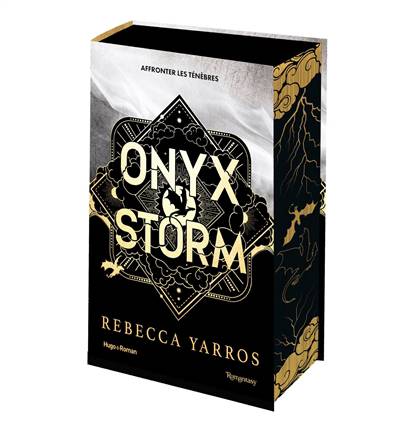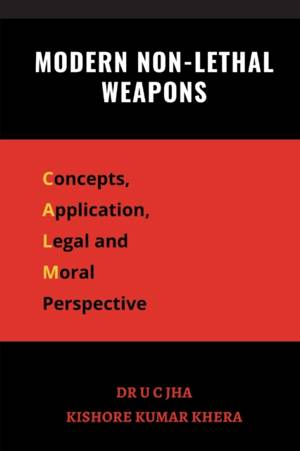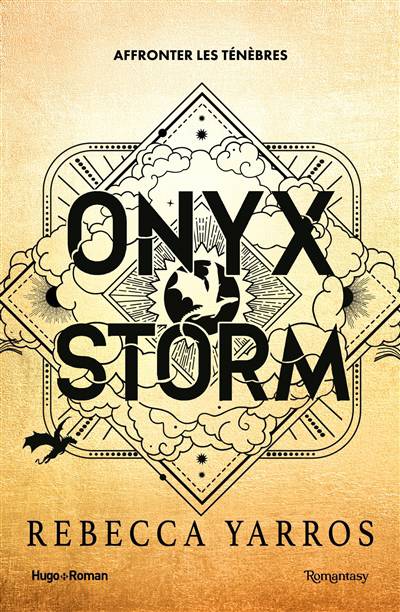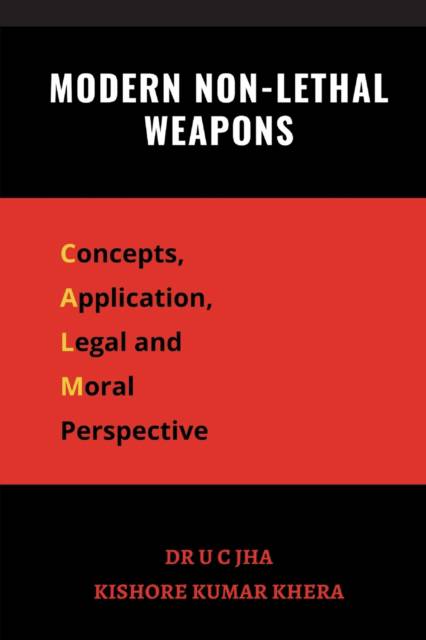
- Retrait gratuit dans votre magasin Club
- 7.000.000 titres dans notre catalogue
- Payer en toute sécurité
- Toujours un magasin près de chez vous
- Retrait gratuit dans votre magasin Club
- 7.000.0000 titres dans notre catalogue
- Payer en toute sécurité
- Toujours un magasin près de chez vous
Modern Non-Lethal Weapons
Concepts, Application, Legal and Moral Perspective
U C JhaDescription
Non-Lethal Weapons offer viable options for addressing challenging scenarios in modern-day conflicts including peacekeeping operations, where the objective is to accomplish the mission and protect the force when lethal force is either unnecessary or even detrimental. Today, several states are actively engaged in countering terrorism, grey zone conflicts and armed conflicts resulting in high casualty rates for both sides. It would be valuable for the political and military leaders to consider the merits of Non-Lethal Weapons which are less likely to kill or to cause serious bodily injury than a conventional weapon, i.e., guns, missiles, bombs, yet help achieve the desired goal. Non-Lethal Weapons can include chemical and biological agents, electroshock devices, acoustic devices, optical munitions, blunt or rubber projectiles, traction modifiers, nets or rapid-hardening rigid foam, microwave technologies, noxious smells, and acoustical interference technologies.
The book looks at CALM (concepts, application, legal and moral) issues of use of non-lethal weapons in the current context. Besides the history, concept and design of various modern non-lethal weapons, it covers application for military and United Nations Peacekeeping operations in detail. The ongoing debate about legal and moral aspects of the use of force, in general, and non-lethal weapons, in particular, brings in a 360 perspective on the issue of non-lethal weapons before moving forward to exploring the field of neuro weapons and their implication.
Spécifications
Parties prenantes
- Auteur(s) :
- Editeur:
Contenu
- Nombre de pages :
- 192
- Langue:
- Anglais
Caractéristiques
- EAN:
- 9789390917709
- Date de parution :
- 01-10-21
- Format:
- Livre broché
- Format numérique:
- Trade paperback (VS)
- Dimensions :
- 152 mm x 229 mm
- Poids :
- 290 g

Les avis
Nous publions uniquement les avis qui respectent les conditions requises. Consultez nos conditions pour les avis.






